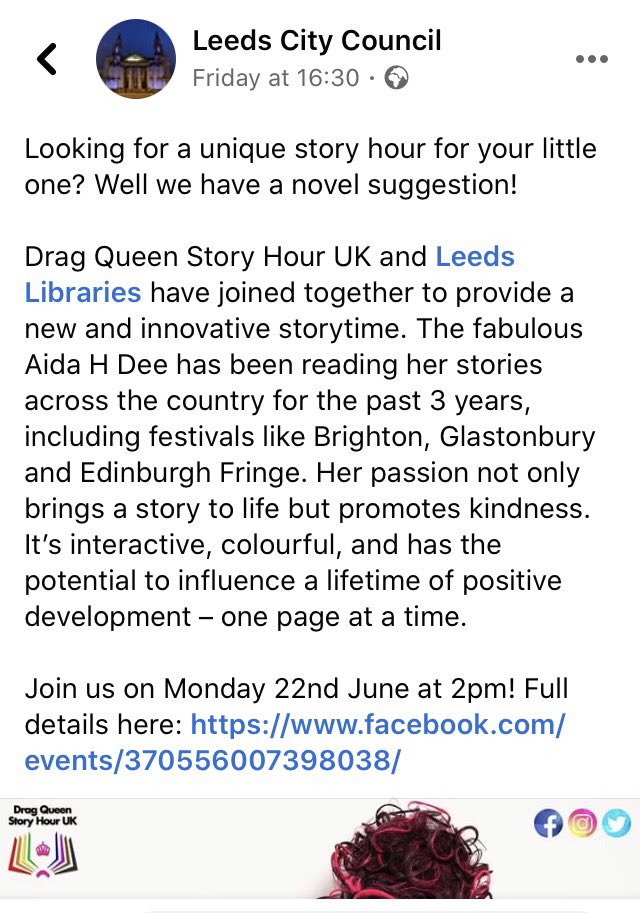The operation was performed in minutes. The violence of it, coming after such a long and painful Labour, caused me to dissociate. My baby was alive: I was elated!
The truth was: we don’t know if it will ever feel like your belly, again
And I still had no sensation in the skin on my belly, although for obvious reasons, this wasn’t my biggest problem.
P.S. If the electrifying touch of your lover is important to you, don’t damage the nerves that give sensation.





